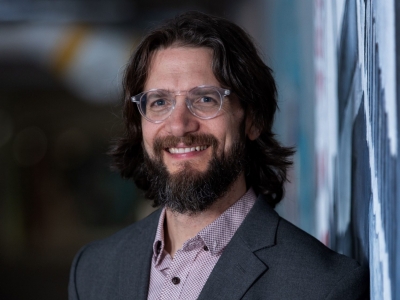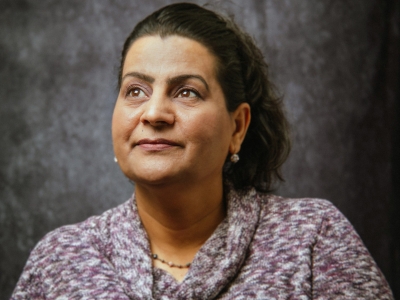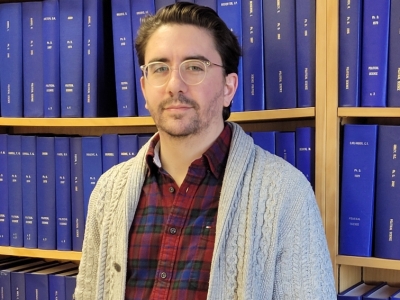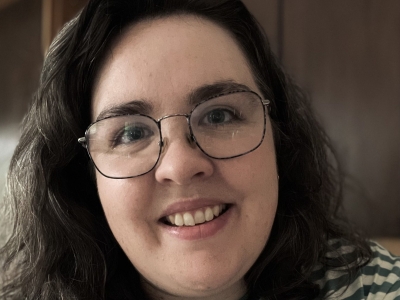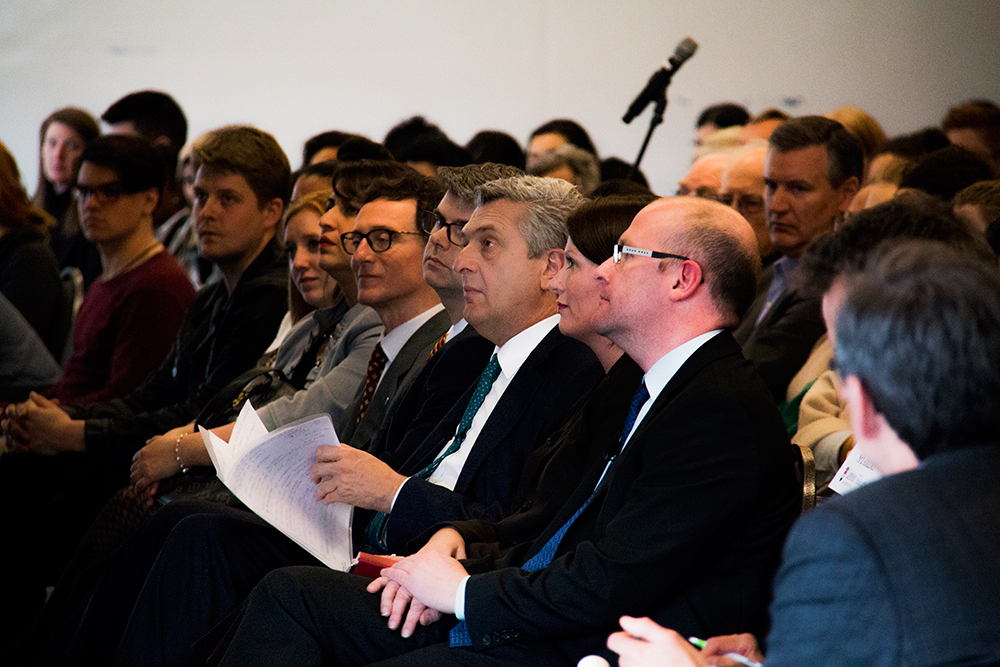
UNHCR Filippo Grandi addressed a Carleton University audience as part of FPA Research Month 2016 (caption)
“I always describe myself as a refugee worker first. I began this work on the Thai-Cambodian border in the early 1980s and I’ve been involved ever since.”
With those remarks, the UN High Commissioner for Refugees, Filippo Grandi, established himself as a fervent and unapologetic advocate for the estimated 60 million refugees, returnees, displaced, and stateless people in the world today.
In an eloquent and often personal speech in front of a large crowd at Carleton University, he shared his impressions of the current refugee crisis and his vision for improving the lives of people who have been forced from their homes.
“The current flow of refugees has a rapidity and a complexity that never existed before,” said High Commissioner Grandi. “Over the years, we have seen many bad situations, but the complexity of this has no precedent.”
He described the current crises as linked regionally and multinationally. The flow of refugees from Syria, Afghanistan, and Iraq has deeply affected neighbouring countries and the same can be said for displaced people in Somalia, South Sudan, and other African nations.
Just in the last year, the UNHCR estimates 42 thousand people left their homes due to violent conflict and/or climate every day. According to High Commissioner Grandi, there has been a “colossal failure of refugee protection.”
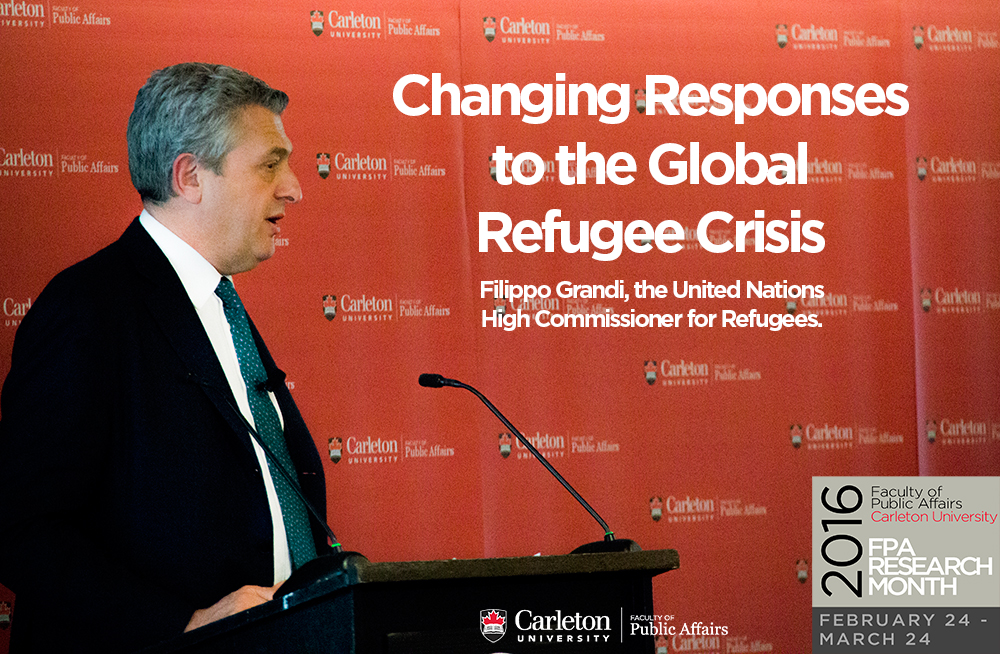
“When the flow of refugees is mismanaged, it leads to a rise of xenophobia, which we are seeing now in Europe and the United States,” he said. “Political rhetoric is exploiting this fear.”
However, he cited the response of the Canadian government and Canadian people to the refugee crisis as a role model for the world.
“In Canada, I’ve found examples of how this can work. The symbolism of a national effort to accept 25 thousand Syrians is powerful,” said High Commissioner Grandi. “The combination of private and government sponsorship could be a model we propose to others. The question is how we translate this to other states.”
The opportunity may arise at the upcoming United Nations Summit on Refugees and Migrants, planned for September. His hope is the meeting will prompt wealthier countries to offer greater support to those nations bearing the brunt of the massive movement of humanity.
“When people lose access to the protection of a state, it requires a global effort to help them,” he argued. “We need a strong affirmation that this is a global responsibility.”
Following his speech, the High Commissioner took part in a panel discussion with Political Science Professor James Milner and Professor Martin Geiger of the Institute for European, Russian and Eurasian Studies at Carleton University, as well as Professor Jennifer Bond from the Faculty of Law at the University of Ottawa. Professor Bond is currently with the Office of the Minister of Immigration, Refugees and Citizenship.
Thursday, March 24, 2016 in Arthur Kroeger College of Public Affairs, Bachelor of Global and International Studies, Department of Political Science, FPA Research Series, Institute of African Studies, Institute of European, Russian, and Eurasian Studies, International, News, Policy, Politics
Share: Twitter, Facebook
